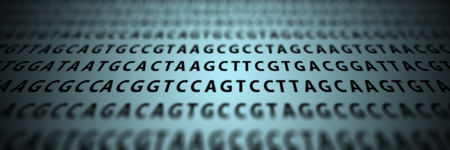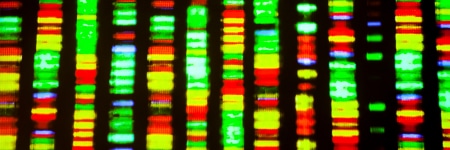
Genomic approach predicts risk of oesophageal cancer
Can we use genomics to accurately predict the development of cancer in those with precursor conditions? We look at newly published results from a 15-year study to find out

Newborn screening: the pros and cons of genome sequencing
Could genome sequencing replace the blood spot test? We review the potential benefits and drawbacks of a more direct approach to screening

Breakthrough in the battle against neurodegenerative disease
New genomic research could shed light on the cause of two life-limiting neurodegenerative conditions and provide targets for potential therapies and treatments

How genomics is changing vaccines
The speed at which a vaccine is developed can be crucial. RNA vaccines are cheaper and faster to make, but there's yet to be one licensed. Will this change with Covid-19?

The quadruple helix: a new epigenetic marker?
We all know what DNA looks like, or do we? We take a look at why the quadruple helix can occur and how it could unlock new avenues for cancer therapy

What are copy number variants?
Everyone has unique variants in their genome - and many are harmless - but which types can have an impact on our health and how do they occur?

Mitochondrial disease: the genomics challenge
Mitochondrial diseases are overwhelmingly genetic in origin, so why are gene therapies so difficult to develop? We take a deep dive to find out more.

How NHS research is finding new ‘rare disease genes’
As whole genome sequencing becomes more accessible, our understanding of rare disease is advancing at speed. We look at the latest findings from two NHS studies.

New genomic data studies launch to combat Covid-19
How can genomic data help in the fight against coronavirus? We look at the pros and cons of two new approaches

What is NIPD?
Non-invasive prenatal diagnosis can provide vital information about a pregnancy, but when should the technique be used, and how does it differ from NIPT?

Genome editing trial suggests cure for blood diseases
Recent tests have established a potential cure for sickle cell disease and beta thalassaemia by using genome editing on bone marrow stem cells

The impact of Covid-19 on rare disease communities
Guest author Dr Christine Patch explains the challenges in supporting patients with rare disease during the pandemic, as well as the opportunities that may arise


